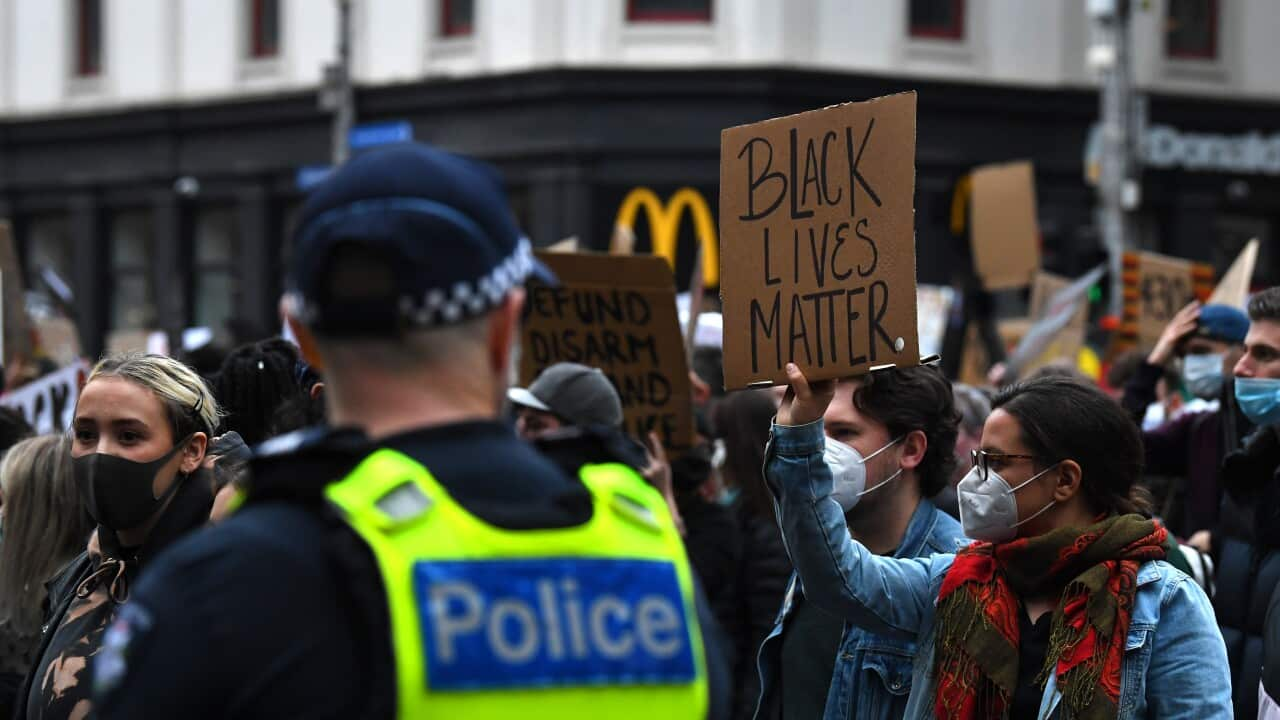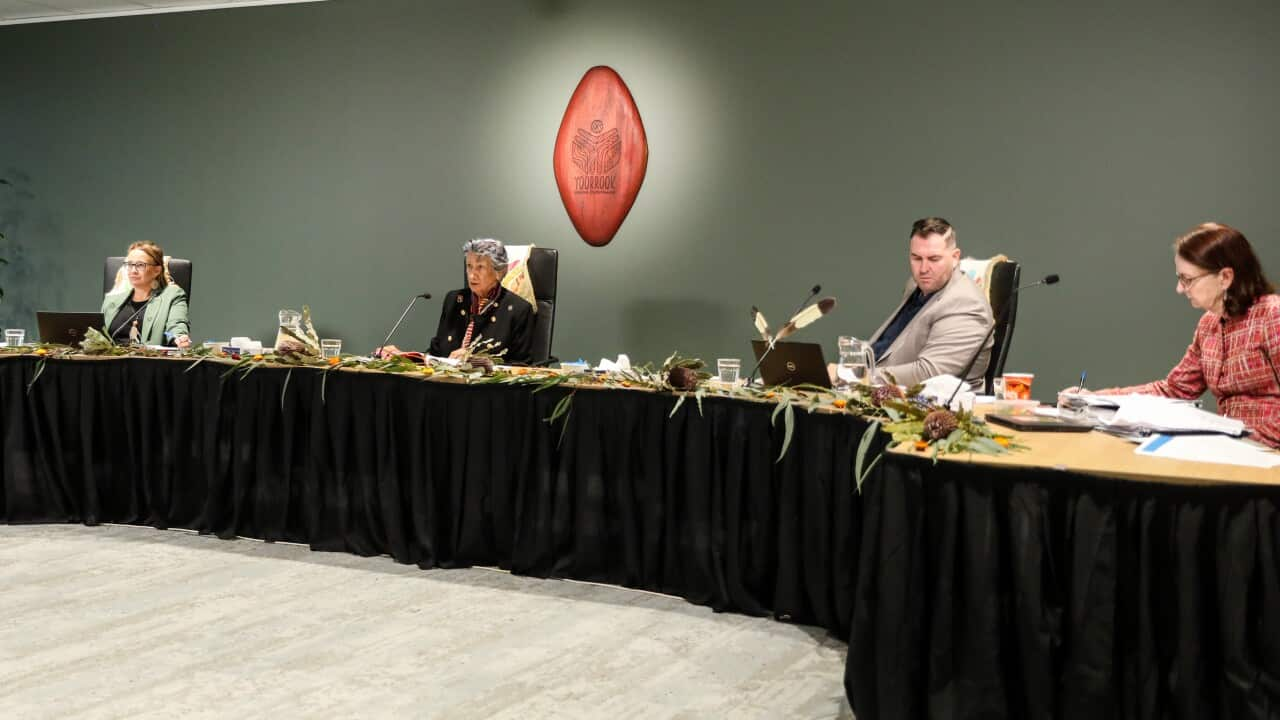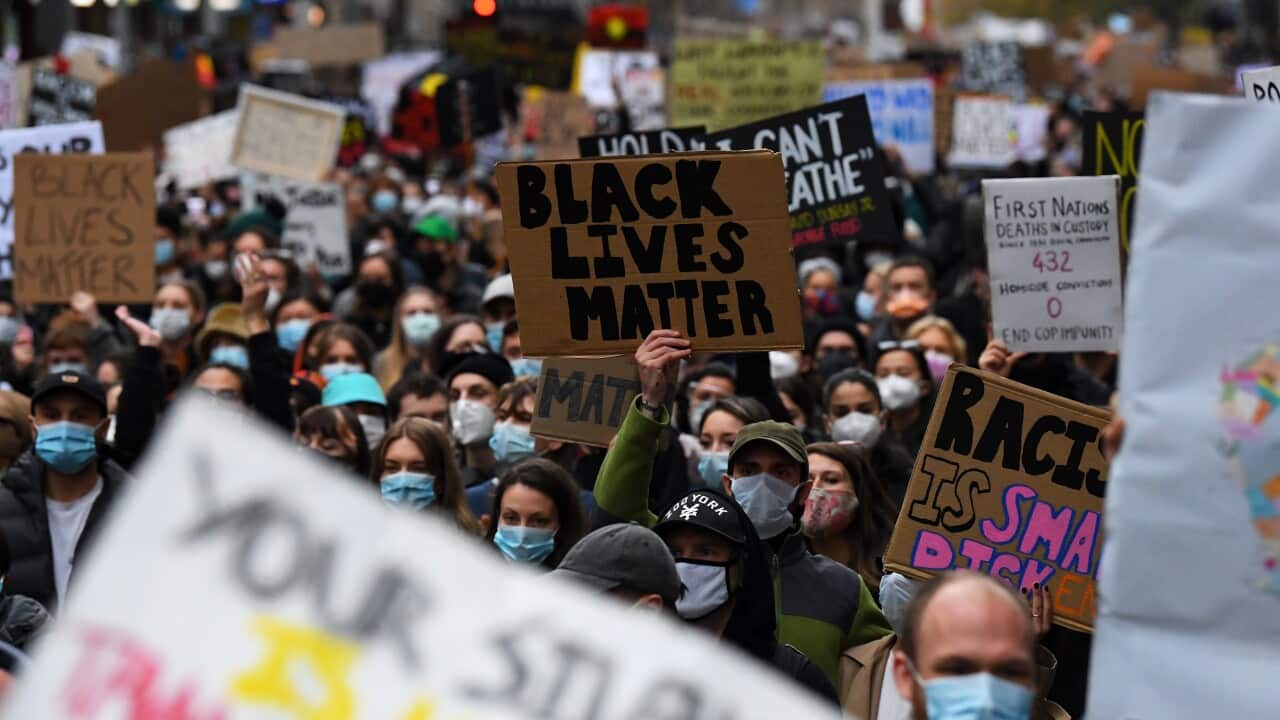The rate of Aboriginal and Torres Strait Islander deaths in custody are at their equal worst since the records began.
Data released by the Productivity Commission in the annual Report on Government Services show that eight Indigenous people died in police custody during the 2021-22 period, numbers not seen since 2016-17.
Advocates say the latest figures, a low point since reporting began in 2007, are an indictment on successive governments' failure to adequately respond to multiple inquiries into the issue.
"It's shocking," Hannah McGlade told NITV.
"It's not surprising though, because our governments haven't been doing the right thing in addressing deaths in custody or Aboriginal incarceration.
"They need to make this a priority now."
McGlade, an associate professor at Curtin University's Law School, pointed to recommendations from both the Royal Commission into Aboriginal Deaths in Custody and the Australian Law Reform Commission's 'Pathways to Justice' inquiry as ready-made answers for the government to implement.
"We're not seeing the commitment from our state and federal governments to seriously addressing these outstanding inquiries and recommendations," the Noongar woman said.
While the latest number of Indigenous deaths in custody equal the worst year on record, the rate overall has declined. The 2021-22 period saw 22 deaths, while that number was 34 in 2007-08.
The disparity shows the need for tailored responses to Indigenous needs within the justice system, said McGlade.
"Both Senator Pat Dodson and I have called for a national Aboriginal Justice Commission to increase attention and responsiveness to these important justice issues.
"There's simply been no response from the Attorney-General Mark Dreyfus, which is very disappointing and simply not good enough.
"These are Aboriginal lives. Aboriginal people are dying, Aboriginal children are being harmed for life. It's not OK to treat this in such a cavalier manner."
Grim reminder of lack of progress three years on from BLM

A Black Lives Matter rally in Perth, 2020. The changes called for in the global protests have failed to materialise in Australia. Source: AAP
The movement, which began in 2013, found a sudden global following in the wake of the murder of George Floyd by Minneapolis police officer Derek Chauvin.
Thousands took part in marches across Australian towns and cities, decrying similar instances of Blak deaths at the hands of police.
Hannah McGlade spoke at the event in Perth.
"It was a powerful movement," she told NITV.
"We had the largest ever rally I've seen here in Perth ... I couldn't see the end of the people from the Esplanade.
"The killing of George Floyd really did raise awareness. It was captured on video, just like Aboriginal deaths have been."
Excessive police violence has made national headlines recently. 95-year-old grandmother Clare Nowland died last month after Senior Constable Kristian White tasered her at her care facility.
The report noted declining levels of public trust in police officers, with those trusting officers to treat people fairly and act honestly hitting ten-year lows.
"We've had two high-profile cases of police charged with murder in relation to Aboriginal people, and in both cases they were acquitted," said Dr McGlade.
"One of those was subsequently shown to be involved in very racist behaviour to Aboriginal people. There's no surprise there, and I think this might explain the lessening of confidence.
"But there's nothing to celebrate here. Incarceration rates are increasing. It's time to tackle these hard issues."





